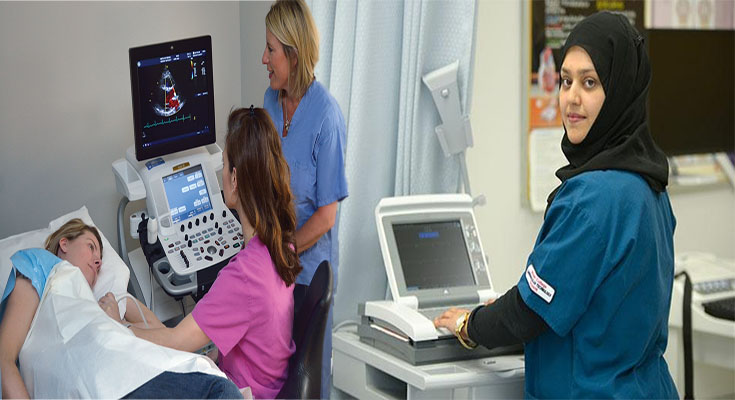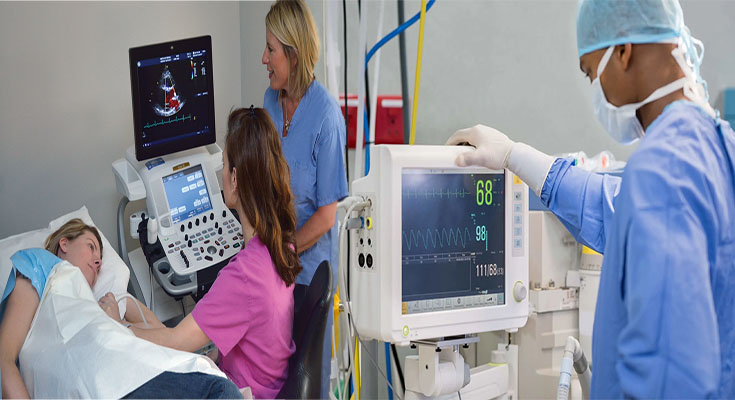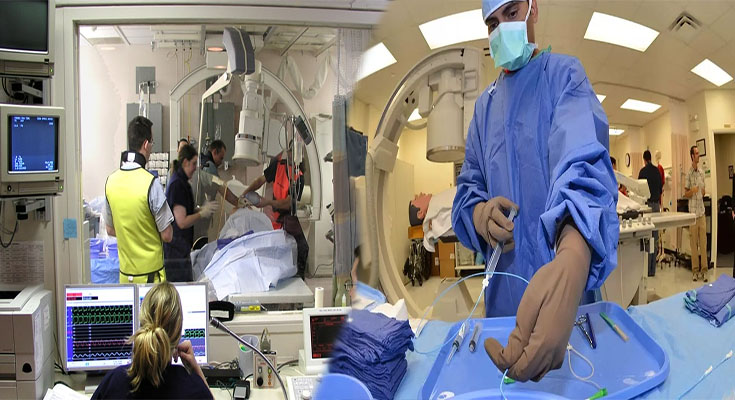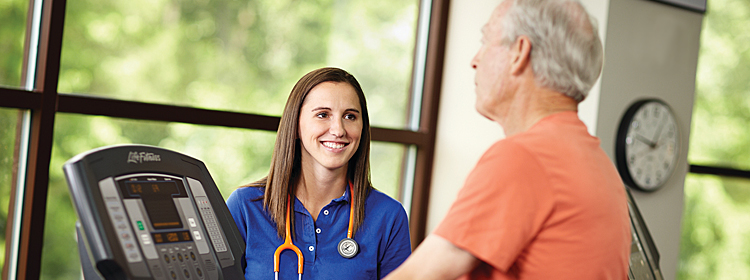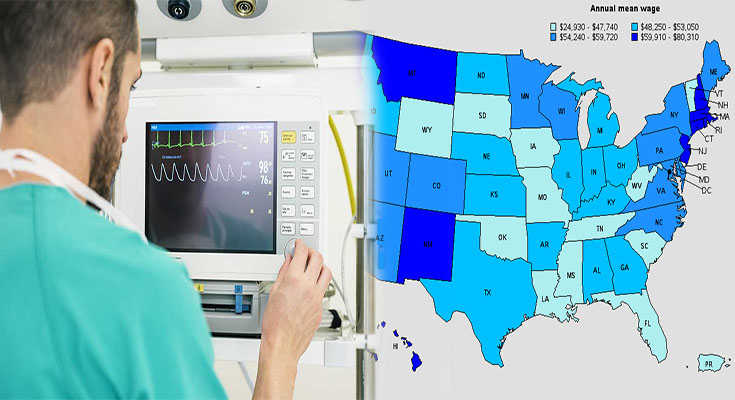
Cardiovascular Technologist Salary
If you’re interested in a career in cardiovascular technology, you can learn more about the average salary for cardiovascular technologists and other healthcare occupations. In addition to the average salary, you’ll find information on the education and years of experience required, and the job outlook. The information below can help you make a decision about your career.
Average annual salary
As the job description implies, a cardiovascular technologist needs to be well-versed in cardiovascular procedures. They need to follow precise instructions and procedures while performing tests such as echocardiography and noninvasive provocative testing. They must also be adept at communication with physicians and patients. Ultimately, their salary depends on their qualifications and the type of job they choose.
The demand for cardiovascular technologists is expected to grow rapidly in the next decade. According to the Bureau of Labor Statistics, demand will increase by 30% through 2022, creating 15,700 new jobs. …
Cardiovascular Technologist Salary Read More

